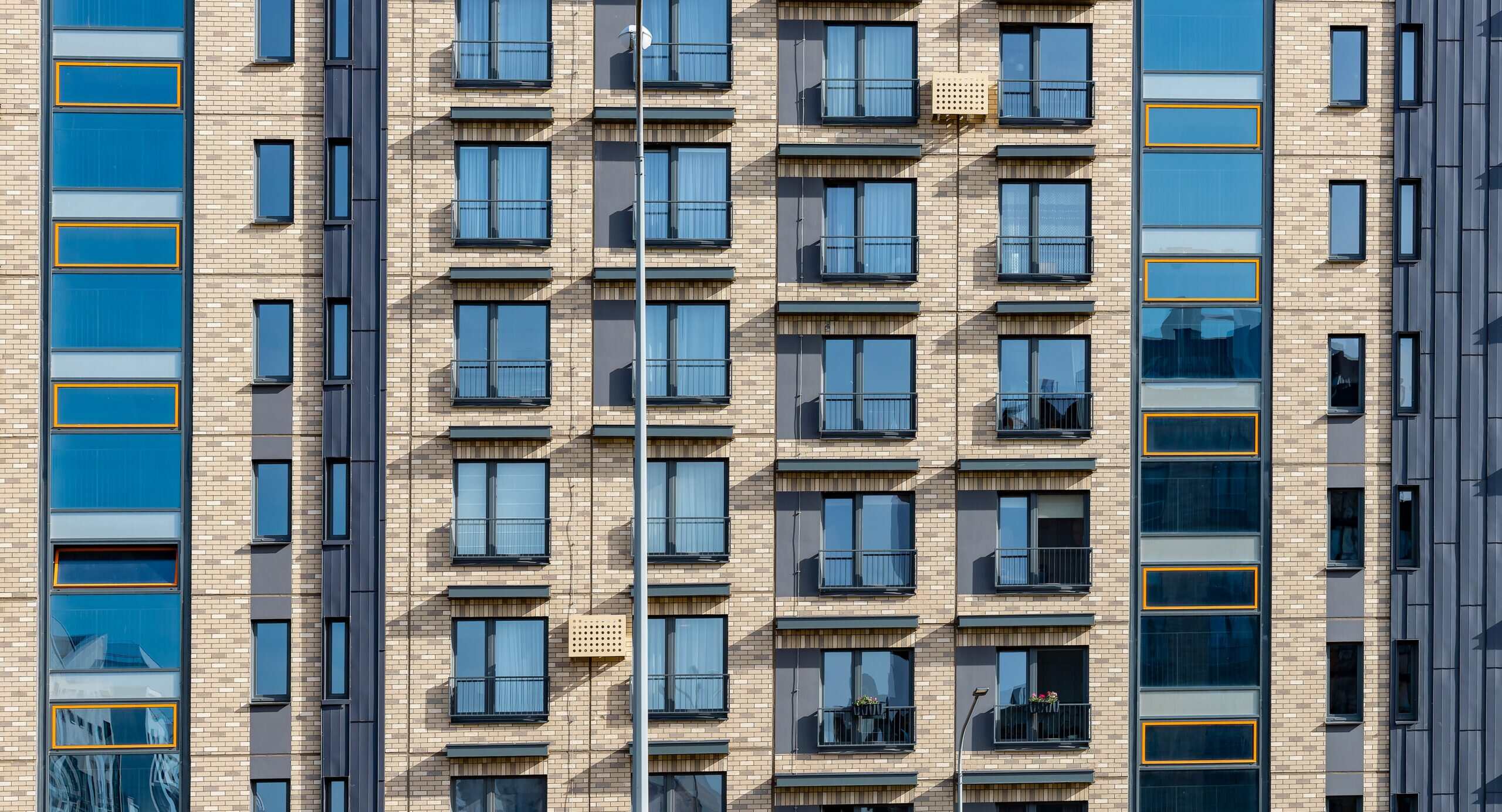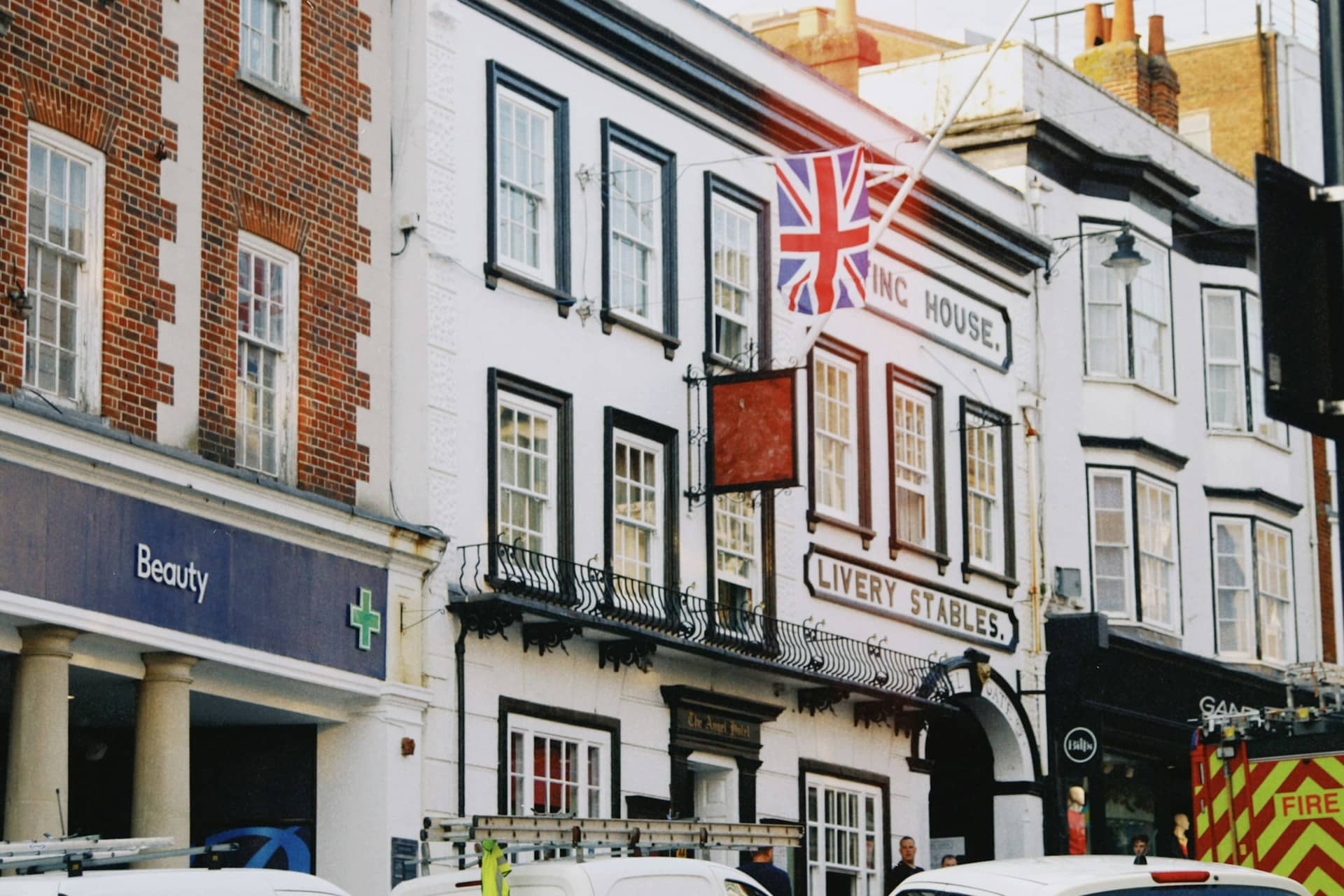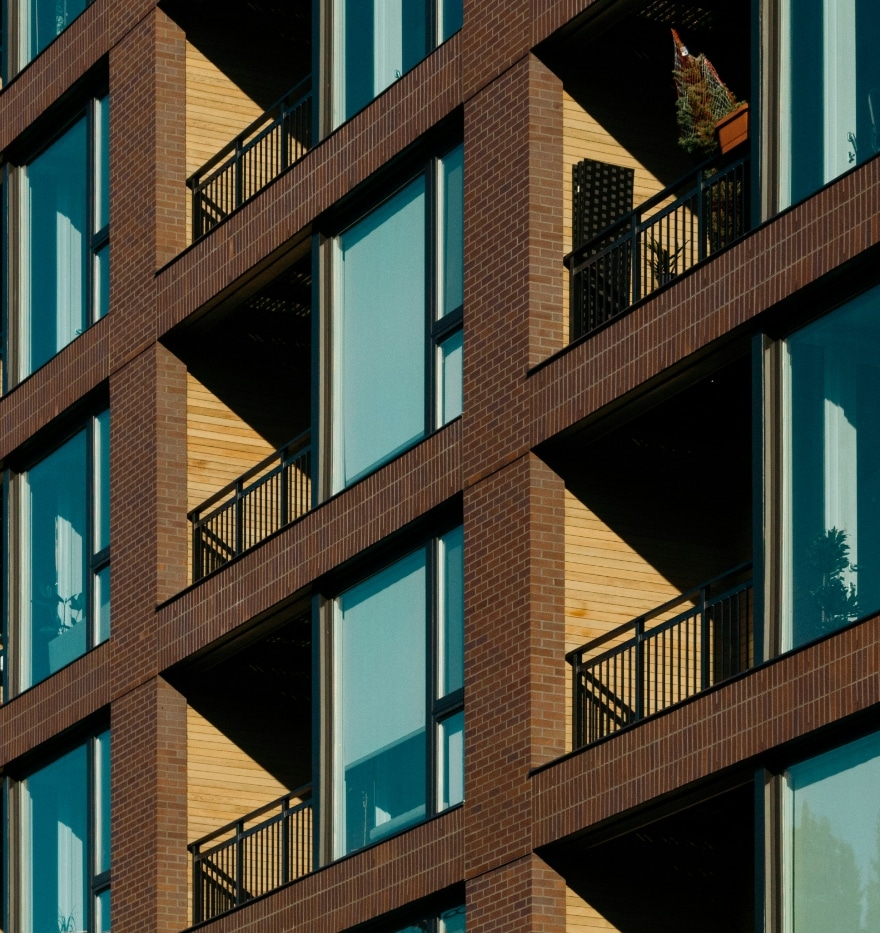Whats on this page:
Office Hours: Monday to Friday - 09:00 to 16:45

What is commercial landlord insurance?
Commercial landlord insurance is a type of cover that protects a property owner who rents out their premises to a business. It’s a specific type of coverage designed to shield your property investment from various risks unique to commercial tenancies.
What does commercial landlord insurance cover?
Commercial landlord insurance offers crucial financial protection for individuals or companies who own premises and lease them to businesses. This type of cover can vary from policy to policy, but on the whole it usually covers:
Property Damage Protection: This covers the physical structure of your commercial building against a range of perils like fire, severe weather events (storms, floods), vandalism, and subsidence. This ensures funds are available for repairs or rebuilding if your property is damaged.
Property Owner’s Public Liability: This protects you, the property owner, against claims arising from injuries sustained by third parties (e.g. customers, visitors, or contractors) or damage to their property that occurs on your commercial premises. For instance, if someone trips due to a fault with the property’s structure, this cover can handle legal costs and any compensation awarded.
Loss of Rental Income: Should your commercial property become uninhabitable due for repairs following an insured event (like a fire or flood), this cover can compensate you for the rent you would have otherwise received during that period.
Landlord’s Contents Cover: If you furnish the commercial property with your own items like shared office furniture, this optional addition can protect these contents against damage or theft.
Rent Default Protection: This can be an optional add-on that safeguards your income if your commercial tenant is unable to pay their rent.

What doesn’t commercial landlord insurance cover?
Although commercial landlord insurance covers a range of things that are useful to property owners, there are a number of factors that aren’t included in the policy such as;
- Intentional Damage by Tenants: Damage caused purposefully by your tenants is typically not covered.
- General Wear and Tear: The natural degradation of the property over time due to normal usage is not an insured event.
- Extended Vacancy Periods: Policies often have specific clauses regarding how long a property can remain unoccupied before coverage is impacted or invalidated.
- Pest Infestations: Issues caused by pests (e.g. rodents, insects) are generally excluded.
Why do you need commercial landlord insurance?
Commercial landlord insurance is essential because you can’t predict the future and know what events might occur that will impact your property.
Owning a commercial property involves inherent risks, and an unexpected incident, such as significant property damage or a liability claim, could lead to considerable financial strain.
This insurance acts as a vital safety net, protecting your valuable asset and ensuring your financial stability in the face of unforeseen challenges.
It helps mitigate the risks of costly litigation, property damage, and loss of revenue, allowing you to manage your commercial interests with greater peace of mind.
How much does commercial landlord insurance cost?
The cost of commercial landlord insurance varies, influenced by several factors:
- Property Location: The geographical location of your commercial property can impact premiums, particularly if it’s in an area with higher risk factors (e.g. prone to natural disasters or higher crime rates).
- Property Type and Construction: The kind of commercial building (e.g. office block, retail unit, warehouse) and its construction materials can affect the premium.
- Rebuild Cost: The estimated expense to fully reconstruct the property if it were destroyed is a key determinant of the building insurance premium.
- Level of Coverage: The breadth of protection you choose and the inclusion of any optional extras will influence the final cost.
- Tenant’s Business Activity: The type of business operating within your premises can affect the perceived risk, influencing the premium.
- Claim History: A history of past insurance claims can impact future premium calculations.
Frequently Asked Questions - Commercial Landlord Insurance
Typically, it is the responsibility of the property owner/landlord to sort the commercial building insurance which covers the physical structure of the property itself.
The tenant, however, is generally responsible for insuring their own business contents, equipment, and their own public liability specific to their commercial operations within the leased space.
It is important that these responsibilities are clearly defined in your commercial lease agreement.
The process of obtaining commercial landlord insurance can vary in duration. For straightforward commercial properties and businesses, coverage might be arranged relatively quickly.
However, more complex properties or those with unique tenant operations might require more detailed information and assessment from insurers, potentially extending the time needed to secure a policy.
It is therefore crucial to have all necessary property details and tenant information ready can help keep the application process as streamlined as possible.
To reduce your commercial landlord cost you can explore several strategies that might help:
- Enhance Property Security: Installing modern security systems, including alarms, CCTV, and robust locks, can often lead to reduced premiums.
- Implement Risk Management: Proactive property maintenance and addressing potential hazards can reduce the likelihood of claims.
- Adjust Your Excess: Choosing a higher voluntary excess means you would pay more towards a claim yourself, but it can result in a lower annual premium.
- Multi-Property Policies: If you own several commercial properties, some insurers may offer discounts for insuring them all under one single policy.
- Compare Quotes: Obtaining and comparing quotes from various insurance providers ensures you find the most competitive pricing for the coverage level you need.
Our Landlord Insurance Products

Buy-to-Let Landlord Insurance
Buy-to-let landlord insurance is designed to offer protection for your rental property that goes beyond basic home insurance.
HMO Insurance
HMO landlord insurance has been designed to protect landlords who rent out properties to multiple tenants under a HMO arrangement.
Commercial Landlord insurance
Commercial landlord insurance is a type of cover that protects a property owner who rents out their premises to a business.
DSS Landlord Insurance
If you own a property and rent it to a tenant who receives benefits, such as Universal Credit or Housing Benefit, the policy you need is often known as a DSS landlord insurance.
Landlord Portfolio Insurance
Landlord Portfolio insurance is a single insurance policy providing specialist cover for multiple buy-to-let properties.
Student Landlord Insurance
Renting a property to students requires a specific type of insurance. It is a specialist policy designed to cover the unique risks associated with letting properties to students, due to the associated higher risks such as accidental or malicious damage along with the potential for a higher tenant turnover.
Holiday Home Insurance
If you own a second property that you use for leisure or rent out to holidaymakers, it is important to have specialist holiday home insurance.